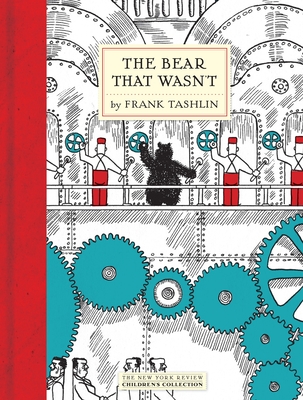After Germany's surrender to the Allied Powers during World War I, Germany was forced to form a brand new government. After centuries of living under the rule of monarchs, German citizens were now living under democratic rule. The new German government referred to as the Weimar Republic, was faced with severe problems:
1. Anger and unrest amongst the German population
2. wide spread unemployment
3. a war time debt towards the Allied Powers worth over $2 Billion.
From 1919-1924, life in the Weimar Republic was harsh. Prices of food began to rise due to shortages that were caused by the war. Inflation became part of the daily struggle for everyday Germans. As the economic woes continued to mount, the German government sought to relieve some of pressure by printing out more money to lower prices. As more German money entered circulation the value of German currency began to decline. Soon Germany entered a stage of hyperinflation.

When Germany was unable to pay back France its war reparations France invaded the Ruhr Valley in 1924. The Ruhr Valley was one of the most industrialized parts of Germany. The French army occupied several mines and factories and informer the Germans that they would be working for the French and not be paid for their labor.
Many Germans living in the Ruhr Valley protested the seizure of German property and protested the actions taken by the French. To assist the workers and in hoped of stimulating the economy, the German government began to issue more money leading to further hyper inflation. It appeared that war would soon break out between Germany and France over the crisis.
Hoping to secure the fragile European economy, the United States offered a solution. The Dawes Plan would provide Germany with a series of loans to help pay off their debt to the Allied Powers. Since the Allies owed the United States money from World War I, the Dawes Plan would help the U.s. regain its previous investment faster.
Once the Dawes Plan was enacted and the effects began to be felt in Germany the German economy began to stabilize. The German Banking system was reorganized and soon prices returned to normal.

Beginning in 1925 and lasting until 1929 the Weimar Republic enjoyed a period of enoncomic success and stability.
Here are the Weimar Republic Notes

 or it can be used to hide a predator from its prey like this lion.
or it can be used to hide a predator from its prey like this lion. 

